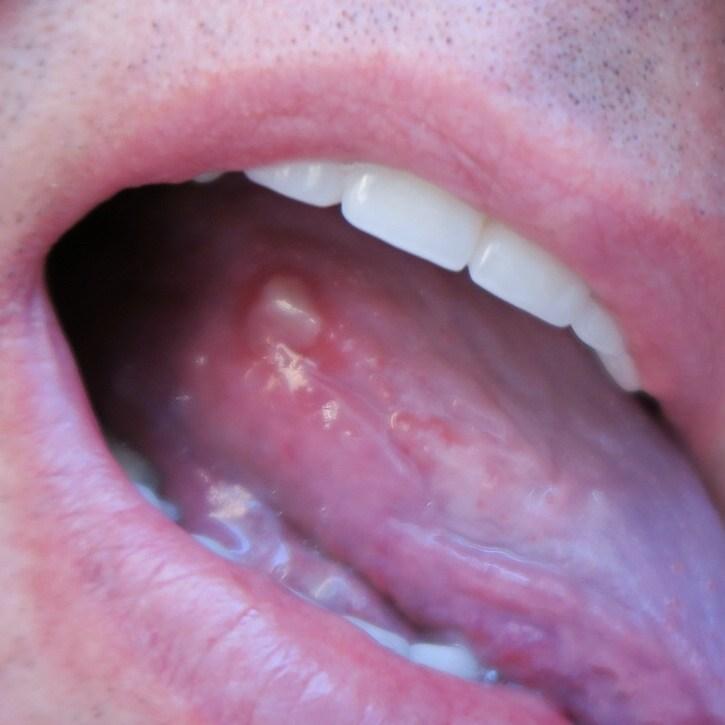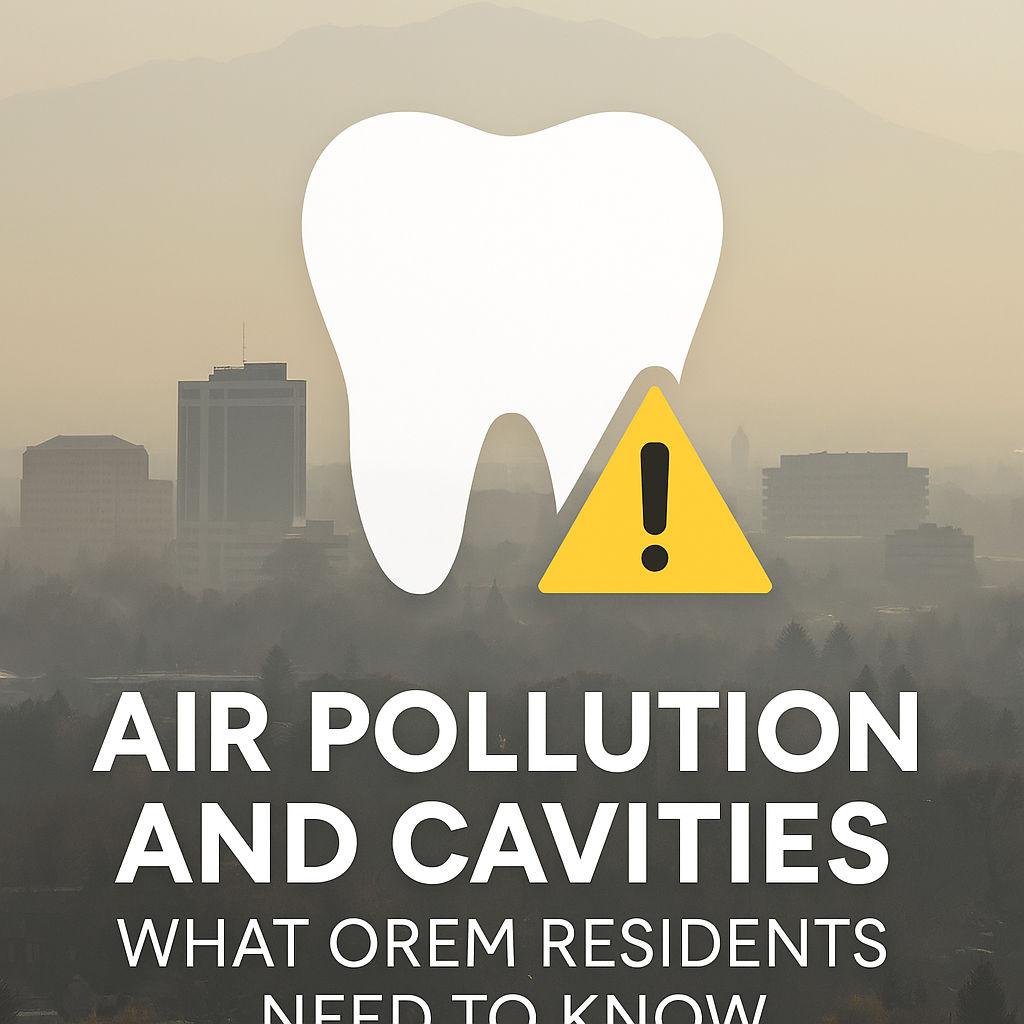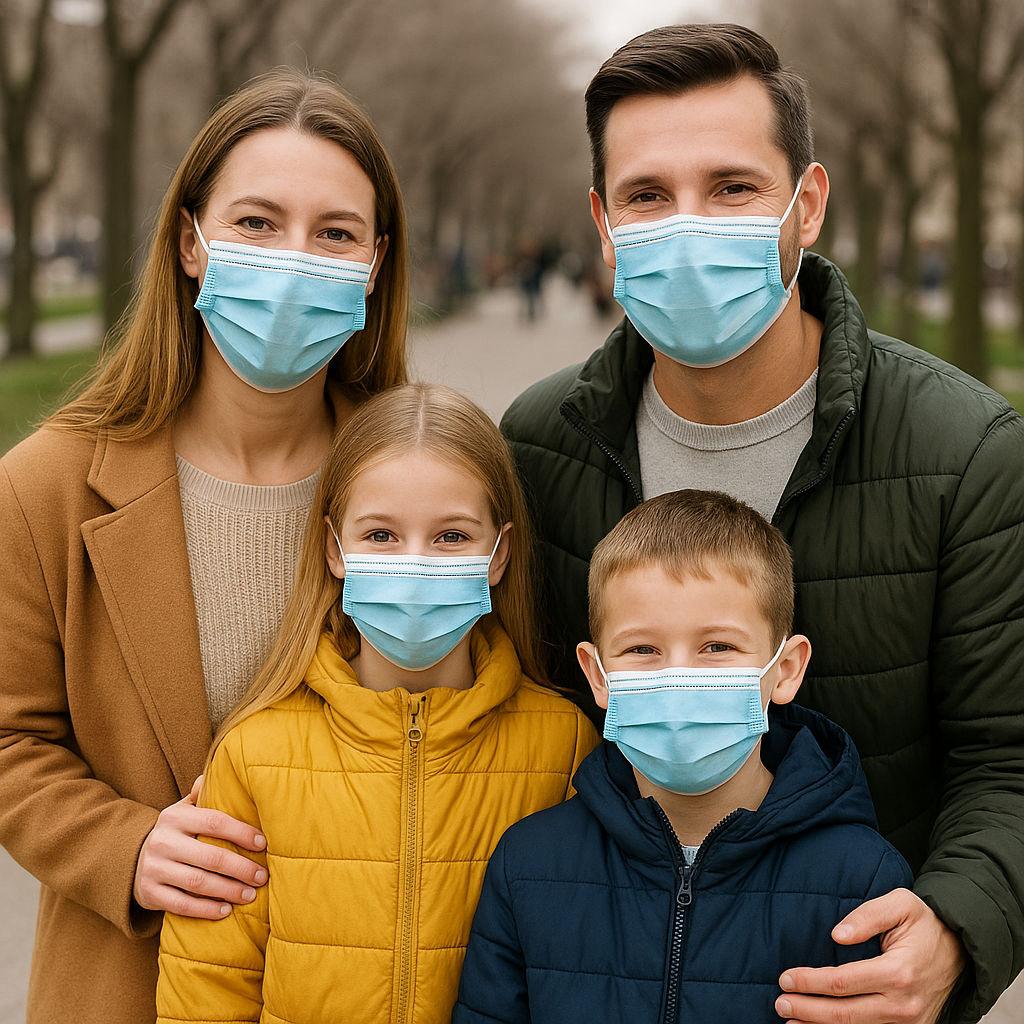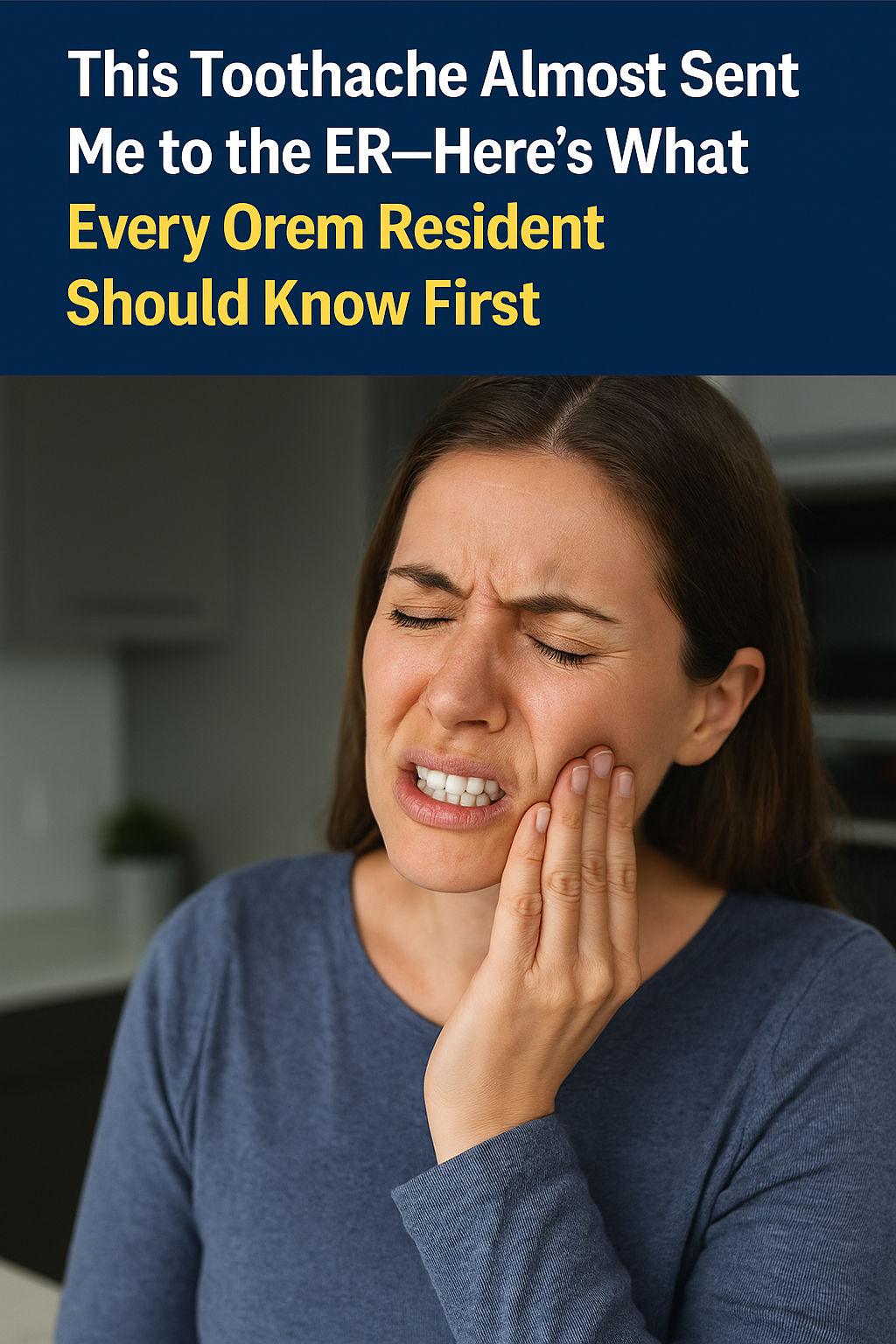Blog Highlights
- The use of tobacco and some other factors cause nearly half of all the cancers worldwide
- It’s important to maintain a healthy lifestyle and to educate your children from an early age
- Various cancer treatments can affect oral tissues
Did you know that 1,660,290 oral cancer cases are diagnosed each year in the United States? About 12 million new oral cancer cases are reported annually worldwide. With these statistics, it’s not impossible that someone in Orem, Utah might be diagnosed with oral cancer. It’s important to learn more about cancer, oral cancer, the risk factors, signs and symptoms, and treatments.
Ricks Factors
In general, 77 percent of all cancers are diagnosed in patients 55 years or older. Typically cancer is caused by infections, chemicals, radiation, and even tobacco. In some cases, internal factors may put a patient at a higher risk. Inherited mutations, immune disorders, and unbalanced hormones may also contribute to cancer. Cancers caused by the use of alcohol, tobacco, poor nutrition and obesity, over exposure to the sun, and lack of physical exercise and activity, can be prevented by education, regular screening tests, and some simple lifestyle changes.
Other cancers such as those caused by Human Papilloma Virus (HPV), Human Immunodeficiency Virus (HIV), H.pylori, and Hepatitis B and C viruses can be prevented by education, antibiotics, and vaccines.
It’s important to maintain a healthy lifestyle and to educate your children from an early age. Practice and encourage healthy eating habits, daily exercise, and the usage of sunscreen. Note that some vaccines can only be administered to children and young adults such as the HPV vaccine.
Cancer Survival Rates and Treatments
In general, cancer survival rates are improving every year. The treatment choice and prognosis depends on the type and stage of the cancer. There are 4 stages of cancer with IV being the most advanced or worst stage.
Cancer can be treated with chemotherapy, radiation, hormones, immunotherapy, and surgery. Chemotherapeutic regimens range from alkylating agents, anti-tumor antibiotics, steroid and hormonal agents, as well as anti-metabolities, plant alkaloids, and bisphosphonates.
Oral Implications of Cancer Treatment
Various cancer treatments can affect oral tissues. Chemotherapy and radiation may lead to oral complications such as mucositis, dry mouth, inability to eat, taste alterations, infections, burning, bleeding, and restricted mobility in the jaw.
It’s recommended that before having cancer treatment you undergo a thorough oral exam with x-rays. Your dentist can identify and treat any problems that may lead to further oral complications once the cancer treatment begins. This exam should take place at least a month before the cancer treatment begins. If any dental surgery is required, you should wait at least two weeks for your mouth to heal before undergoing cancer treatment. Most patients will be prescribed supplemental fluoride, which should be started several days before radiation treatment. .
Once treatment begins, there are a few things you can do to help protect your oral health. Your dentist may advise you to use ice chips 5 minutes before and for the 30 minutes after chemotherapy to help reduce mucositis. Additionally, keep the following in mind:
• Avoid mouthwashes with alcohol
• Brush your teeth and tongue after every meal and before sleeping. Use an extra soft toothbrush
• Consider rinsing with a baking soda and salt water solution
• Do not drink alcohol
• Do not use tobacco
• Floss daily
• For dry mouth, suck on ice chips or sugar-free candy
• If chewing is painful, speak to your doctor about a liquid diet or switch to soft foods
• Use a fluoride gel
Oral complications can occasionally lead to delays or the stopping of cancer treatment. It’s important to include your dentist in your cancer treatment plan. They will help minimize the possibility of oral complications and will outline the best pre- and post-cancer treatment plan for your oral health.





